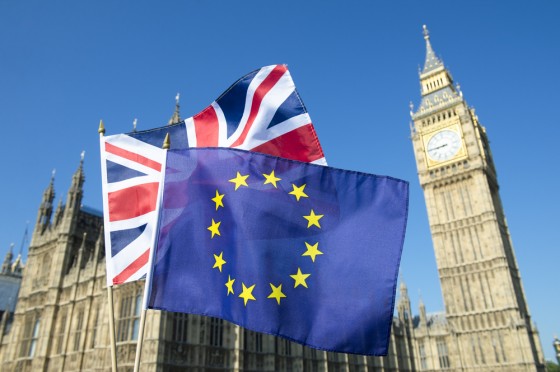India is currently suffering under a heat wave that has lasted over a month, with temperatures reaching a record 118 degrees Fahrenheit (48 degrees Celsius) in New Delhi on June 10 and 122 degrees (50 degrees Celsius) in the western city of Churu. The death toll has been estimated to be at least 36, though some sources put the number at more than 150. Europe is also preparing for its own massive heat wave this week, with temperatures expected to be 36 degrees Fahrenheit (20 degrees Celsius) higher than the seasonal average of 72 degrees (22 degrees Celsius).
This pattern of heat waves has become a yearly occurrence across the globe. Europe faced similar heat last year, as did Asia, with Japan experiencing record-breaking temperatures in 2018, which sent more than 71,000 to hospitals, killing 138. North America also saw extended higher temperatures in 2018, with 41 heat records across the United States, and heat-related deaths overwhelming Montreal’s city morgue.
Experts say that these global record-breaking incidents are the result of climate change, and likely forecast a new normal of dangerous summer heat.
According to Stefan Rahmstorf, co-chair of Earth System Analysis at the Potsdam Institute for Climate Research (PIK), “Monthly heat records all over the globe occur five times as often today as they would in a stable climate. This increase in heat extremes is just as predicted by climate science as a consequence of global warming caused by the increasing greenhouse gases from burning coal, oil and gas.
” French national meteorological service Météo-France echoed these concerns, saying that heat waves’ frequency “is expected to double by 2050.” And according to a 2017 study from The Lancet Planetary Health journal, the number of deaths resulting from weather-related disasters could skyrocket in the future, killing as many as 152,000 people each year between 2071 and 2100, more than 50 times greater than the average annual deaths from 1980 to 2010.
As Risk Management has previously reported, these changes are also already impacting business operations globally, with direct economic losses from climate-related disasters (including heat waves) increased 151% from 1998 to 2017, according to the United Nations Office for Disaster Risk Reduction. Heat waves have serious effects on business operations, impacting things like road conditions and agriculture, as well as workers’ health and safety. More than 15 million U.S. workers have jobs requiring time outdoors, and according to the World Bank, even for indoor workers, productivity declines by 2% per degree Celsius above room temperature.
Many countries have taken steps to mitigate the effects of heat waves on their populations. For example, since 2016, India has been providing shelter for homeless people, opening water stations for hydration, cutting building heat absorption by painting roofs white and imposing working hour changes, curfews and restrictions on outdoor activities. These efforts have successfully reduced heat-related deaths from more than 2,400 in 2015 to 250 in 2017.
The U.S. Environmental Protection Agency (EPA) recommends similar steps to the ones India is taking, as well as ensuring that energy and water systems are properly functioning, establishing hotlines for reporting cases of high-risk individuals and encouraging energy conservation to reduce the chances of overwhelming electric systems. The U.S. Occupational Safety and Health Administration (OSHA) recommends that employers and workers facing higher temperatures in the workplace pay close attention for the signs of heat stroke, and keep three words in mind: water, rest and shade.
While these on-the-ground measures can reduce the immediate effects on workers and vulnerable populations like the elderly, children and the homeless, PIK’s Rahmstorf warns that “Only rapidly reducing fossil fuel use and hence CO2 emissions can prevent a disastrous further increase of weather extremes linked to global heating.”






